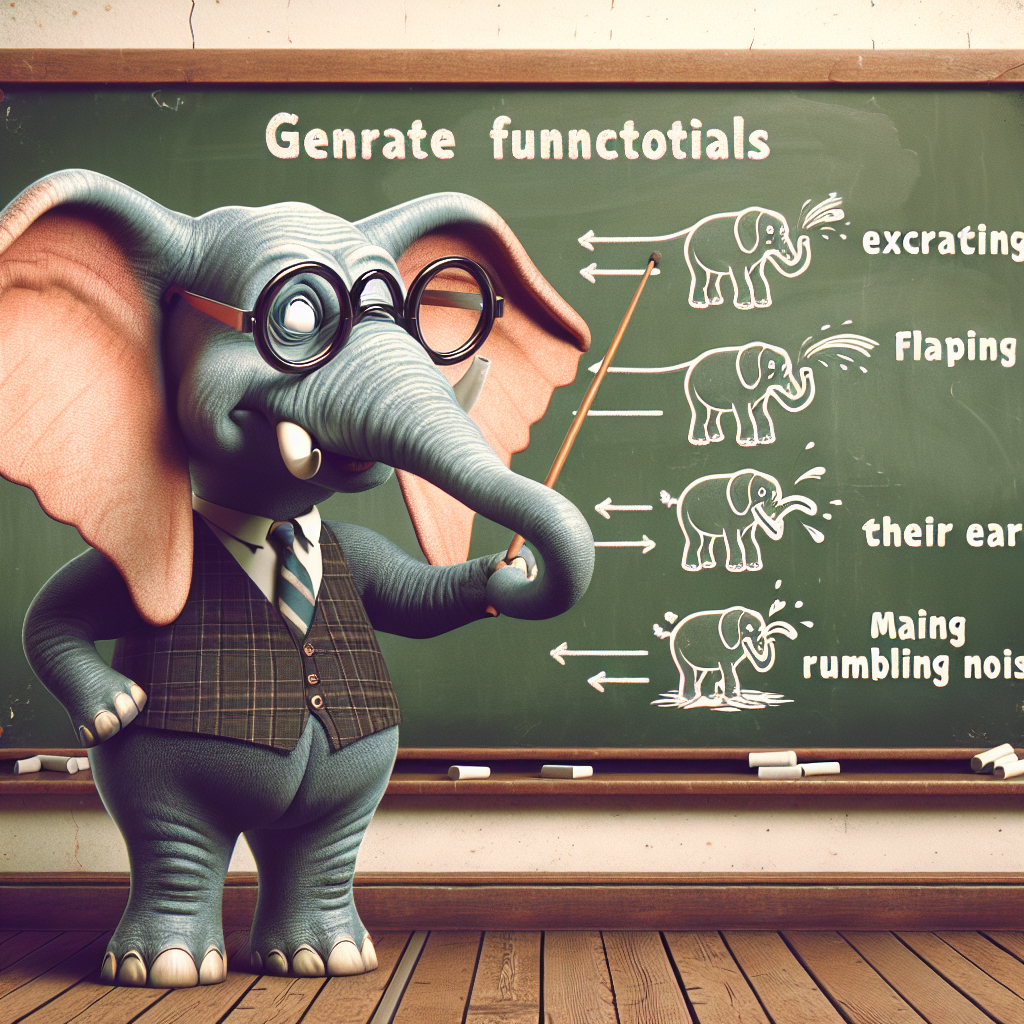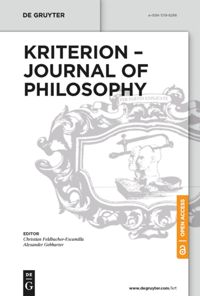Summary made by ChatGPT4
The paper “Abduction in Animal Minds” by Vera Shumilina offers a comprehensive analysis of abductive reasoning in non-human animals, exploring its philosophical, biological, and cognitive dimensions. Here is a detailed breakdown:
Abduction and Abductive Capacity
Abduction Explained: Abduction, as defined by Peirce, is the process of forming explanatory hypotheses. It’s about making educated guesses based on observed phenomena. Significance in Animal Minds: This paper suggests animals use abduction to interpret their environment, solve problems, and possibly understand social dynamics, indicating a level of cognitive complexity previously unacknowledged.
Discovery Details
Key Discoveries: The paper argues for the presence of abductive reasoning in animals, challenging the traditional view that this form of reasoning is exclusive to humans. It builds on Charles Sanders Peirce’s ideas of abductive reasoning, applying these concepts to animal cognition. Advancements from Previous Knowledge: Previous understanding largely restricted complex inferential reasoning, including abduction, to humans. This paper broadens the scope, providing evidence and theoretical backing for similar capabilities in animals.
Methodological Breakdown
Innovative Techniques: The paper synthesizes philosophical theories (primarily Peircean semiotics) with empirical research in animal cognition. It employs a multidisciplinary approach, integrating insights from biology, cognitive science, and philosophy. Significance of Methods: This methodological blend allows for a novel perspective on animal cognition, moving beyond simple behaviorism to infer cognitive processes from observable behaviors.
Challenges and Opportunities
Challenges Identified: One significant challenge is avoiding anthropomorphism while interpreting animal behaviors. Another is the difficulty in empirically testing abductive reasoning in non-verbal organisms. Future Research Opportunities: The findings open avenues for research into non-linguistic forms of reasoning in both humans and animals. It also suggests potential evolutionary links between human and animal cognition.
TLDR
The paper presents a compelling case for the existence of abductive reasoning in animals, based on Peircean philosophical frameworks and evidence from animal cognition studies. It challenges existing paradigms by suggesting that such complex reasoning is not exclusive to humans.
AI Thoughts
Broader Implications: This research could revolutionize our understanding of animal intelligence and cognition, impacting fields from AI (in designing more biologically inspired algorithms) to ethics (reconsidering animal rights). Potential Applications: Insights from this study could inform AI development, particularly in creating more adaptive, context-aware systems. It also has potential applications in enhancing human-animal interaction and welfare strategies.
The paper is not only technical in its approach but also challenges existing beliefs about animal cognition, proposing a more nuanced understanding of animal minds.


